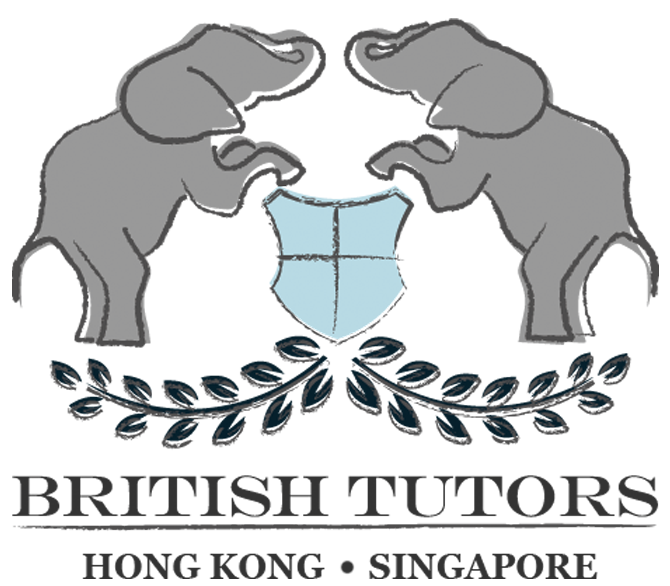Unlocking Oxbridge
Considering applying to Oxford or Cambridge? Excellent choice! These universities are consistently ranked among the best in the world, and while the application process may seem daunting, it can be simplified into some key steps.
Both Oxford and Cambridge are known for their prestige, and the competition is certainly fierce. Each year, thousands of talented applicants apply for a limited number of places, so standing out is essential.
The admissions process involves several important components: crafting a compelling personal statement, preparing for entrance exams, and getting ready for interviews. Each of these elements is crucial in showcasing your strengths and suitability for the university.
Research, Research, Research!
Having set your sights on Oxbridge, you now need to choose between the two as the UCAS application system in the UK only allows for one choice. (This is crucial, as selecting both will void your application!). It’s essential to research both universities to determine which one aligns better with your preferences.
As a general observation, Oxford offers more of a vibrant city atmosphere, while Cambridge has a quieter, spread-out feel. There are many other factors to consider, including:
Course Structure: For example, sciences at Cambridge are often taught as Natural Sciences, while Oxford allows you to study separate sciences.
Entrance Requirements: Be sure to review the specific entry criteria for each university, as they can be quite rigorous.
Colleges: Both Oxford and Cambridge have a collegiate system, but each college offers a unique experience. To get a better sense of what life is like at different colleges, check out the alternative prospectuses made by students. The Oxford Student Union has a handy College Suggester tool that can help you find a college which matches your preferences.
Extracurricular Activities: Consider the clubs, societies, and social activities available at each university, as they can greatly enhance your university experience.
Entrance Examinations: It’s important to note that some subjects at Oxford and Cambridge require entrance examinations, such as the PAT, TSA, LNAT, and BMAT. At British Tutors, we specialise in preparing students for these exams. Our experienced tutors provide tailored support to help you understand the exam formats, practice essential skills, and build confidence to excel in your entrance exams and secure your place at your chosen university.
The application process
Once you've decided on the college or university of your choice, the next step is to submit your application. Keep in mind that Oxbridge applications need to be sent in earlier than most other universities - typically around mid-October.
For the UCAS application itself, you'll need to craft a compelling personal statement. Recently, the format has been updated. Instead of writing one long statement, you now need to answer three specific questions:
Why do you want to study this course or subject?
This is your opportunity to explain your passion for the subject and why it’s the right fit for you. Be specific and personal, showing genuine enthusiasm.
How have your qualifications and studies helped you prepare for this course or subject?
This is where you connect your academic background to the course. You can highlight specific subjects, courses, or projects that are relevant to the course you're applying for and specify the skills you’ve developed from them, such as critical thinking, problem-solving, research, writing, or teamwork.
What else have you done to prepare outside of education, and why are these experiences useful?
In this final question, you want to discuss any extracurricular activities, work experience, or personal projects that demonstrate your commitment to the subject and your transferable skills. This can include any books, podcasts or lectures you’ve explored independently and how they've confirmed your desire to study the subject.
When answering these questions, focus on showcasing your strengths and enthusiasm for the subject while staying authentic. Avoid exaggerating or fabricating details—being genuine about your interests and experiences will set you apart, especially during interviews.
Remember, the total character limit for all three responses combined is still 4,000 characters, so make every word count.
Interviews
Congratulations! You’ve submitted your application, completed any required tests, and now you’ve been invited to an interview! This is a huge achievement, as it means you're one step closer to securing your place. Now the real preparation begins.
Oxbridge interviews are designed to assess not only your knowledge but also the way you think, solve problems, and engage with new ideas. You’ll meet the tutors who will evaluate whether you’re a good fit for the unique tutorial system, which emphasises critical thinking and discussion.
At British Tutors, we have a team of experienced Oxford graduates who specialise in helping students prepare for these challenging interviews. Through tailored mock interviews, we provide you with valuable practice and constructive feedback. This isn’t just about gaining confidence - it’s about learning how to approach questions thoughtfully, articulate your ideas clearly, and refine your problem-solving skills.
With the right preparation, you’ll be ready to tackle the interview and show the tutors why you’re the perfect fit.
Overall, Oxbridge applications can feel like an intense whirlwind of deadlines, exams, and interviews. However, with careful planning and thorough preparation, the process can be far more manageable - and even enjoyable. At British Tutors, our experienced team is here to guide you every step of the way, from crafting a strong application to excelling in interviews, ensuring you feel confident and ready to succeed.
By Patricia, 2025



